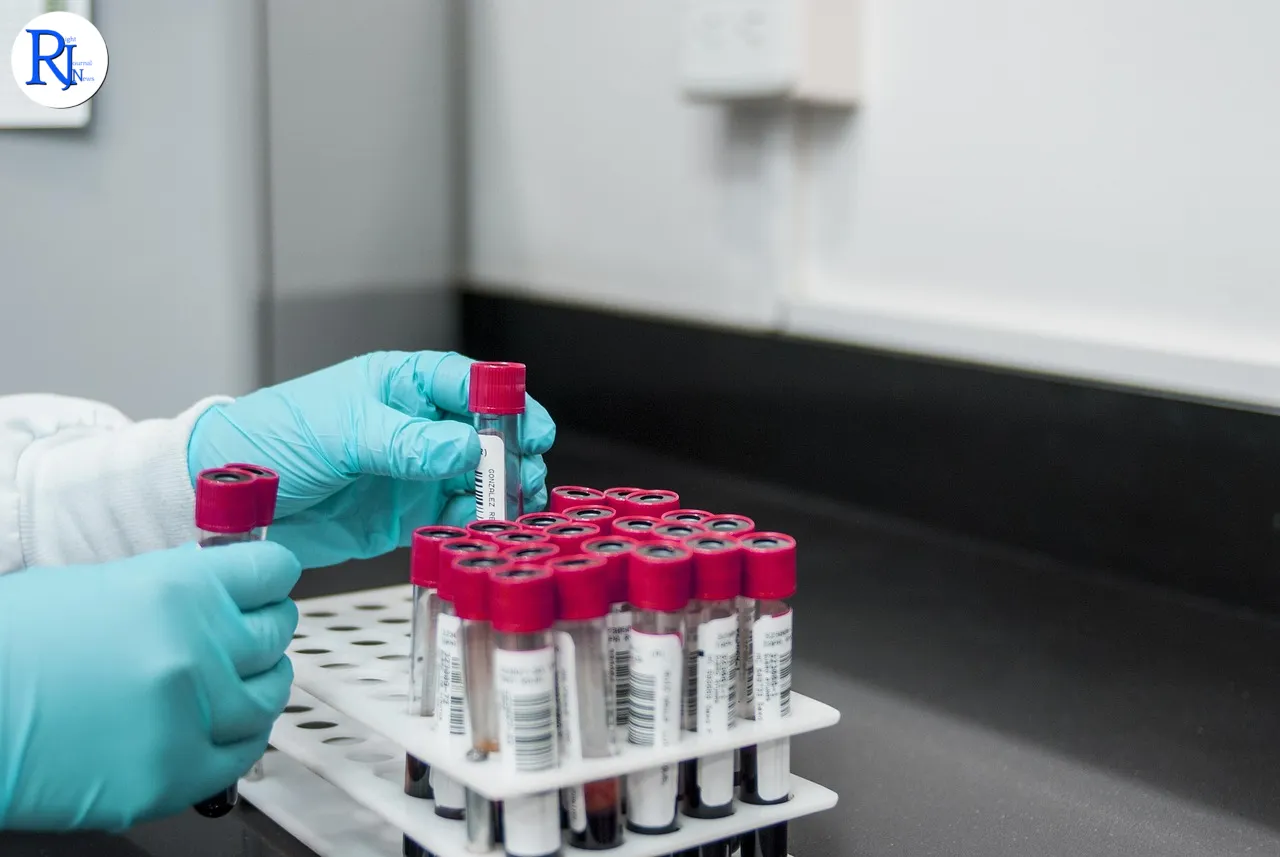Scientists at University College London (UCL) have developed a groundbreaking blood test that could significantly enhance the accuracy of Alzheimer’s disease diagnosis. This innovative test is expected to revolutionise how the disease is detected, potentially improving diagnostic accuracy to over 90%. Researchers believe this advancement could lead to earlier and more precise treatment interventions, greatly impacting patient outcomes.
The development of this blood test marks a pivotal moment in Alzheimer’s research. With the potential to transform diagnostic procedures, this test offers hope to millions of individuals and families affected by the disease. As UCL’s team prepares for wider clinical trials, the medical community is optimistic about the test’s potential to change the landscape of Alzheimer’s diagnosis.

Timing and Location of the Breakthrough
The promising results from the blood test trials were revealed on 10 September 2025, at University College London. UCL has long been at the forefront of neurological research, and this latest development underscores its role as a leader in Alzheimer’s research. The announcement has garnered attention from global medical communities and patient advocacy groups, eager to see how this could change the trajectory of Alzheimer’s care.
The timing of this breakthrough is critical, as Alzheimer’s rates continue to rise worldwide. With millions of people affected by the disease, the ability to diagnose it accurately and early could lead to more effective management and treatment strategies. This development not only highlights UCL’s cutting-edge research capabilities but also stresses the urgent need for advancements in neurodegenerative disease diagnostics.
The Science Behind the Blood Test
The new blood test works by detecting specific biomarkers associated with Alzheimer’s disease. These biomarkers, present in the blood, provide a clearer indication of the disease’s presence than previous diagnostic methods, which often relied on cognitive assessments and brain imaging. Professor John Hardy, a leading researcher at UCL, explained that the test identifies abnormal levels of amyloid-beta and tau proteins, which are hallmarks of Alzheimer’s.
By focusing on these biomarkers, the test reduces the uncertainty often associated with Alzheimer’s diagnosis. Traditional methods can sometimes lead to misdiagnosis or delayed diagnosis, impacting treatment efficacy. This blood test, therefore, represents a significant leap forward in providing a more reliable diagnostic tool for clinicians.
Expert Insights and Reactions
Experts in the field of neurology have expressed enthusiasm about the potential of this blood test. Dr. Sarah Johnson, a neurologist at the Alzheimer’s Society, stated, “This test could be a game-changer in how we approach Alzheimer’s diagnosis. Early and accurate detection is crucial for effective treatment, and this test opens new possibilities for patient care.”
The Alzheimer’s Society has long advocated for improved diagnostic tools, recognising the impact of early diagnosis on treatment and management. The organisation is hopeful that this breakthrough will lead to wider adoption of blood-based diagnostics, ultimately improving patient outcomes and quality of life.
Implications for Patients and Healthcare Systems
The introduction of this blood test could have far-reaching implications for both patients and healthcare systems. For patients, an accurate and early diagnosis can lead to more effective treatment plans and better management of symptoms. This can enhance the quality of life and potentially slow the disease’s progression.
Healthcare systems could also benefit from this innovation, as earlier and more precise diagnoses may reduce the need for costly and invasive diagnostic procedures. This could lead to more efficient resource allocation and improved overall care for Alzheimer’s patients. The test’s simplicity and accuracy make it a promising tool for widespread use in clinical settings.
Future Prospects and Next Steps
Looking ahead, the research team at UCL plans to conduct larger clinical trials to validate the test’s efficacy further. If successful, these trials could pave the way for the test’s integration into standard diagnostic protocols for Alzheimer’s disease. The potential to revolutionise diagnosis and treatment makes this an exciting time for Alzheimer’s research.
As the medical community awaits the results of these trials, there is a sense of optimism about the future of Alzheimer’s care. With continued research and development, this blood test could become a cornerstone of diagnostic practices, offering hope to those affected by this challenging disease.
In summary, the development of a blood test for Alzheimer’s diagnosis represents a significant advancement in medical research. With the potential to improve diagnostic accuracy to over 90%, this innovation could change the way Alzheimer’s is detected and treated, offering new hope to millions worldwide. As UCL and other institutions continue to explore this promising avenue, the future of Alzheimer’s care looks brighter than ever.

